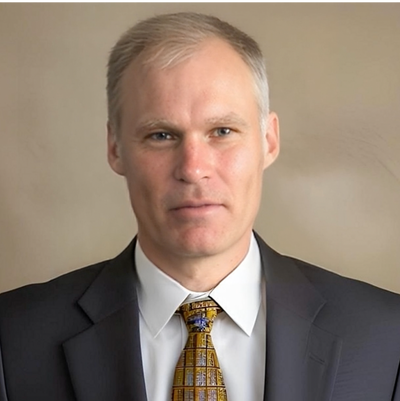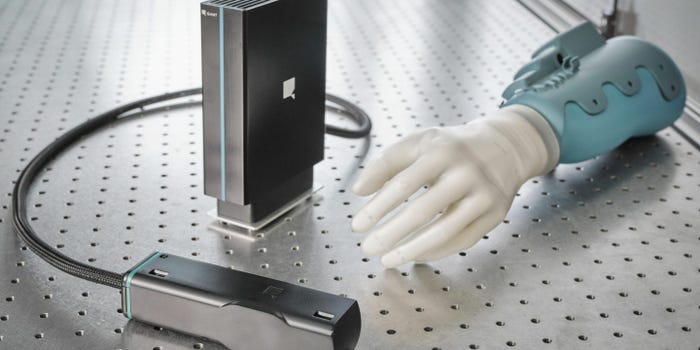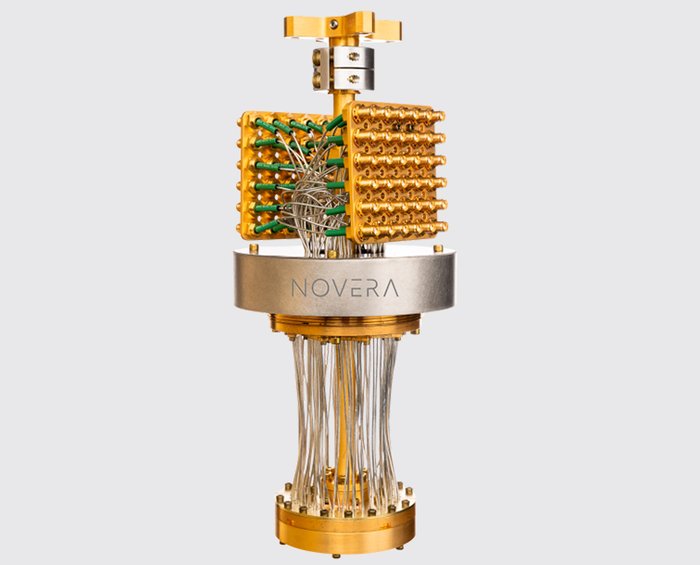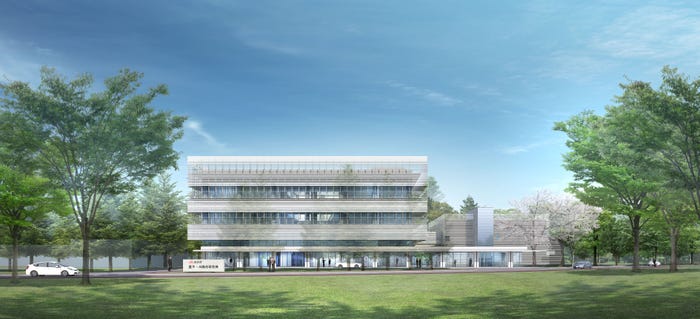
Connects decision-makers and solutions creators to what's next in quantum computing
Partnership Aims to Boost Korean Quantum Ecosystem
Pasqal, KAIST and Daejeon City target quantum development, education and collaboration
February 6, 2024
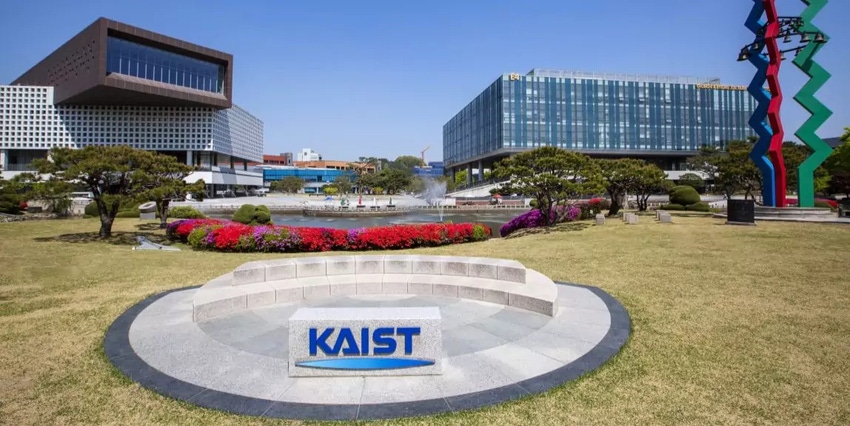
Pasqal, a company that develops neutral atom quantum computers, is partnering with the Korea Advanced Institute of Science and Technology (KAIST) and Daejeon City to boost the quantum ecosystem in Korea and globally.
Pasqal recently established a local subsidiary in Korea, bringing expertise in quantum computing, research and development and industrial manufacturing to the partnership. KAIST is a quantum research institution and Daejeon City is home to Asia’s largest technology R&D cluster. Together they aim to enhance Korea’s quantum computing landscape.
KAIST will play a pivotal role in nurturing future talent through its 'Quantum Graduate School.' This initiative is set to cultivate a new generation of experts in the quantum computing field.
Daejeon City plans to create a cooperative ecosystem with research institutes, companies, and universities, including KAIST, to support Pasqal's Daedeok Special Economic Zone activities. The move aims to cement Daejeon's status as a leading quantum cluster in Korea.
“The collaboration between Pasqal, KAIST and Daejeon City symbolizes our global approach to quantum innovation. It allows us to integrate our advanced quantum computing technologies with Korea's thriving scientific community, enhancing our global research network and contributing to worldwide quantum progress,” said Pasqal CEO Georges-Olivier Reymond.
“The partnership reinforces Pasqal's dedication to quantum R&D and plays a vital role in its global expansion strategy.”
Pasqal has previously contributed to ecosystems supporting quantum technology in France, Canada, and now Korea and wants to develop international collaborations between the locations to advance quantum computing.
Read more about:
AsiaAbout the Author(s)
You May Also Like

